Oleksandr Svitych is an Associate Professor at the Jindal School of International Affairs. His research interests lie at the intersection of political economy, critical theory, and political philosophy. Oleksandr was born and raised in Ukraine. He pursued higher education in Ukraine, Hungary, and Singapore. Prior to moving to India, he worked in the development sector for a Danish NGO in the Ukraine’s Donbas region. While there, he also ran a taekwon-do club for the local kids of his hometown Sloviansk. While Oleksandr has developed a cosmopolitan outlook, he remains firmly rooted in his homeland. In a bit of serendipity, he happened to move to India just a few days before Russia invaded his country.Besides social sciences, Oleksandr finds meaning in martial arts, philosophy, and his family. They reside in Sonipat, Haryana. In this interview with ABHISH K. BOSE, he discusses the Russia – Ukraine war and the damages of it in the economy of the countries and other related developments.
Excerpts from the interview
Abhish K. Bose: In the book “The Rise of the Capital-state and Neo-Nationalism: A New Polaniyan Moment” you argue that populist nationalism emerged as a reaction to the pro-market structural changes in the political economies of nation-states. You claim that there is a link between free market reforms, declining state legitimacy, and identity-based mobilization. You also saythat discontented voters are pulled toward populist nationaliststo cope with their insecurities generated by the state restructuring. How did these dynamics play out in the case of India? Is this how BJP rose to power in 2014 and 2019?
Svitich: In the book, I draw on the ideas of the Austro-Hungarian political economist Karl Polanyi from his famous book The Great Transformation. Polanyi made several important insights on the relationship between the state, market, and society, backing his claims with rich amount of anthropological and historical evidence. Firstly, there is no such thing as the complete “free market.” The market needs concrete institutional and legal arrangements for it to operate, which historically have been provided by the state. Secondly, the market economy is only one possibility for organizing human activity, albeit it has crowded out other alternatives. In contrast to classical economists, there is nothing natural or “rational”about the desire to barter or strive for profit. Humans can be productive through other motivations, such as social recognition, social standing, occupational pride, or a sense of solidarity. Thirdly, state attempts to promote the free market generate strains in society and lead to counter-movements to protect people’s livelihoods from the market forces. These observations are especially pertinent in the era of neoliberal globalization that we are living in today. In the book, I explore how these dynamics played out in different national contexts and generated populist nationalism – both on the Right and the Left of the political spectrum – as a form of Polanyian counter-movement.
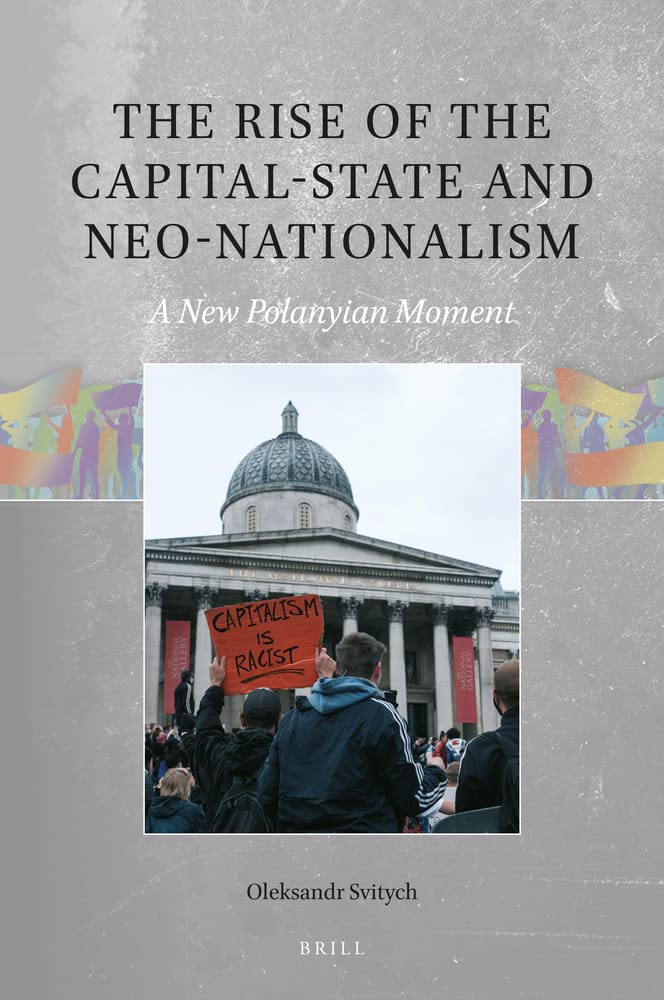
Regarding the case of India, my cautious estimation is that a similar framework can be applied yet it must accommodate the specificities of the Indian society, politics, and culture. In fact, quite a number of researchers have applied Polanyi’s ideasto the Indian context. Some focused on the neoliberal restructuring of the Indian state since the 1990s as an example of Polanyian “great transformation.” Others analyzed a myriad of counter-movements – both at the grassroots and state levels – that these changes generated, ranging from fights to reclaim the land, to labour movements, to farmers’ protests, to environmental campaigns, and so on. Yet others charted the links between the structural changes in the Indian political economy and the rise of right-wing populism, most notably exemplified by the Bharatiya Janata Party.There’s a lot of excellent work on these themes done by scholars like Ajay Gudavarthy, Ashoka Mody, Christophe Jaffrelot, Partha Chatterjee, Rahul Verma, and Sarbeswar Sahoo, to name a few.
There’s a consensus among academics to classify BJP as a “populist” party despite different interpretations of the term “populism.”What is unique about this case is that it illustrates how populism can be combined with religious nationalism to offer an irresistible cocktail for voters. My intuition is that political economy indeed contributed to the electoral success and persistence of BJP. There’s certainly a correlation between liberalisation of the Indian economy and the appeal of BJP’s message to the public. The class politics are alive and well in the Indian society. At the same time, India’s distinct institutional legacies must be factored in – post-colonialism, the role of caste, and statism, for instance. In addition, India has come up withvarious responses to neoliberalization of its economy and society, sometimes quite creative ones.I would therefore refrain from drawing a direct connection between state transformation and neo-nationalism, especially that more data are needed. And yet the general tendencies, on the surface, are remarkably similar to what we observe elsewhere across the globe. In other words, there is roomboth for similarity and contextual specificity in the Indian case.
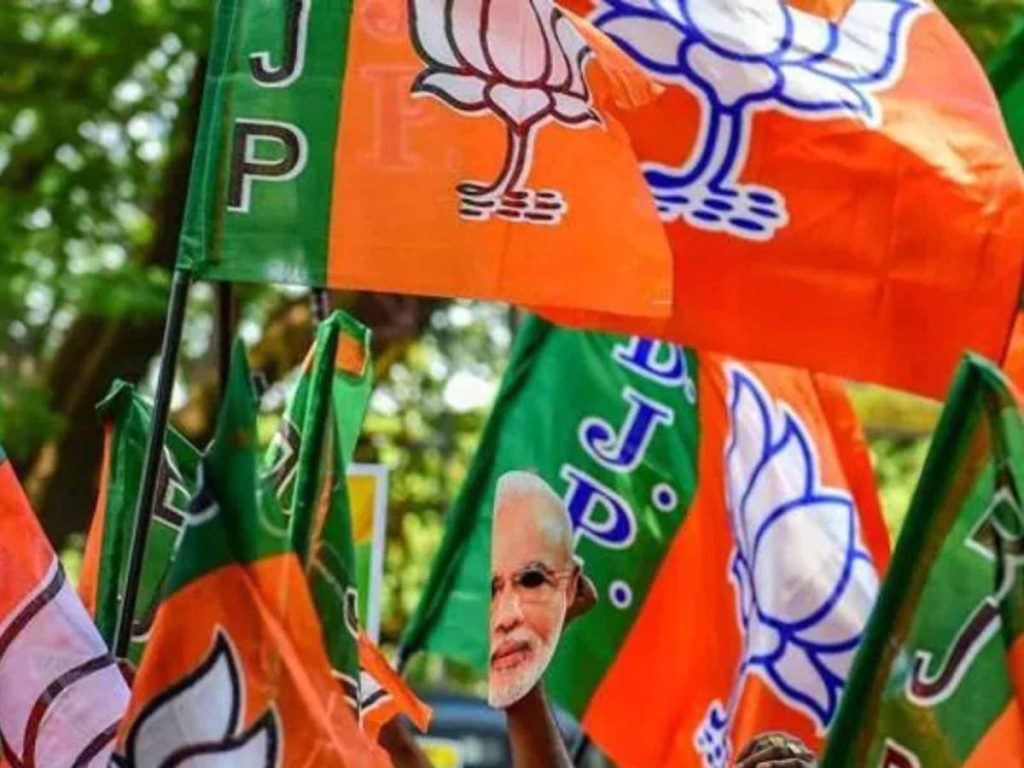
Q. The war in Ukraine has devastated the country, isolated Russia from the West, and fuelled economic insecurity around the world. The embargoes and sanctions have affected Russian oil trade. Could you assess the financial burden the war brought onto the people of Russia and how it affected their standards of living, including health, education and food? What is your projection for future?
I am not an economist by training, and thus cannot estimate with precision the impact of Russia’ criminal war against Ukraine onto Russian citizens.And all future projections are futile, of course. I am much more informed about the situation in Ukraine. However, based on the information that I receive both from the Russian sources (by virtue of knowing the language) and foreign ones, the Russian economy does not perform well. This should not come as a surprise as the war disrupted Russia’s economic, business and financial ties with the world, as you pointed out, and put pressure on people’s ability to make both ends meet. Still, I’d like to balance this narrative by several crucial observations.
Firstly, there’s enough evidence that Russia is managing to manoeuvre its way around the sanctions regime, albeit not entirely. This is done via either trade and military ties with China and Iran, for instance (and probably will be done via the expanded BRICS club), or intermediary companies to bypass sanctions, or smuggling activities as in Kazakhstan. Secondly, some Russians have certainly benefited from the war, materially speaking. And here I am less interested in the Russian oligarchs whose wealth mushroomed through military contracts with the state. I am talking about the Russian soldiers who choose to fight in Ukraine in the hope to reap lucrative bonuses from the state – and pay off their mortgages. This is a sort of a Russian roulette: you either die or get rich. Thirdly, we should not underestimate the effect of Russia’s obscene propaganda which targets the audiences both at home and abroad. Domestically, the narratives of “national greatness,” “fighting Nazis,” and “defending Russian values” obfuscate economic hardships. This combination of material and symbolic rewards is an explosive mix that helps sustain loyalty to the Putin regime.
Finally, the foreign aspect of Russia’s propaganda and disinformation campaigns is related to your first question on populist nationalism. I disagree with researchers who describe Putin as “populist” in the period before Russia’s invasion of Ukraine. He is and was part and parcel of the elite, which is the complete opposite of being a populist who blames the elites for leaving the people behind. Now, however, I think Putin can be described as a transnational populist as part of his overall political persona. He taps skillfully into the anti-western and de-colonial sentiments in the countries of the so-called Global South. It is ironic how an authoritarian and an imperialist like Putin flirts with leftist ideas of anti-colonialism and anti-neoliberalism. Unfortunately, his narrative – propagated by Russia’s propaganda machine –does seem to gain traction among former colonies, including India. What needs to be remembered, however, is that Russia is one of the most neoliberal and unequal countries in the world, while Ukraine has been on the receiving end of its imperialist politics for decades, if not centuries.
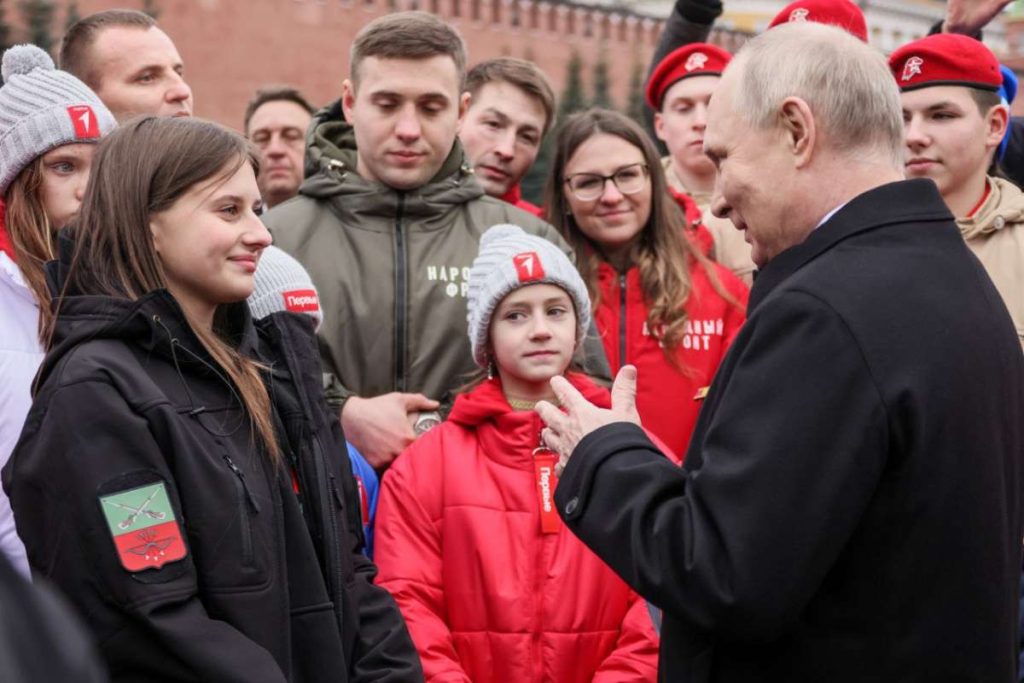
Q. According to the World Bank, the International Monetary Fund (IMF) and the Organisation for Economic Cooperation and Development (OECD), 2022 was a bad year for the Russian economy. It is estimated that in 2022, Russia’s gross domestic product (GDP) dropped by 2.1%. Russia’s economy may continue to shrink in 2023. Its GDP is forecast to decline by 2.5% in the worst-case scenario (OECD) or by 0.2% according to the World Bank. Going by the statistics,the economy is going down. Do you agree with this assessment?
I think my response to the previous question largely covers this. I will add that we need to be cautious with “objective” assessments like these ones as they do not, and cannot, completely reflect realities on the ground. Overall, I think it’s prudent to take a middle stance between two extreme positions: the inevitable collapse of Russia’s economy and, vice versa, the infinite strength of its regime.
Q. What was the driving force behind the Russian invasion of Ukraine? What was the political advantage Putin and the Russian elites envisioned when they ordered the aggression? Do you think they overestimated its benefits?
In the question of the driving force behind the invasion, I have tried to cover it elsewhere for the Indian audience, so I will largely and briefly repeat myself. I have also already touched upon this in the previous questions. The main reason for the invasion is Russia’s aggressive imperialism. In fact, Putin has been quite explicit about this, comparing himself to the Russian historic figures like Peter the Great and Catherine the Great who “collected lands.” His pseudo-historical essay on the eve of the invasion makes it abundantly clear that Putin, in the good old KGB tradition, is paranoid about the so-called “project Anti-Russia.” This, in his erroneous view, justifies bullying its sovereign and peaceful neighbours.
Putin has denied the existence and identity of Ukraine for years, treating it as his “sphere of influence” and interfering into Ukraine’s domestic politics long before the country officially adopted pro-EU and pro-NATO trajectories. This is why he was so adamant to blame Lenin, by the way: for him Lenin had committed a grave error by allowing a degree of national self-determination for the Soviet republics. All Russia’s criminal policies in the temporarily occupied territories of Ukraine seek to erase all traces of the Ukrainian identity – by abducting children, forcing the Russian language, giving away Russian passports, or torturing dissenting locals. This is provided they had not been killed earlier by Russian rockets, missiles, bombs, and drones.
A repeated claim I keep hearing from some researchers, students, and Indian common people, such as taxi drivers or street vendors, is that this is a proxy war between Russia and the US, or Russia and NATO. India’s political establishment seems to share this view, at least rhetorically. More ironically, the overwhelming majority of Indian leftists, including prominent figures like Arundhati Roy, do the same.This is a flawed and a very dangerous stance. Empirically speaking, there’s plenty of evidence that Russia’s alleged security concerns about NATO expansion were not the reason behind the invasion. To mention just one, the 2022 escalation, to remind the readers, was preceded by an 8-year-long Russia-ignited war in the Donbass and the annexation of Crimea by Russia in 2014. These, in turn, were justified by Putin as a reaction to the Ukrainian Revolution of Dignity which ousted pro-Russian president Yanukovych and, in Putin’s view, was nothing but a U.S. orchestrated coup d’état.
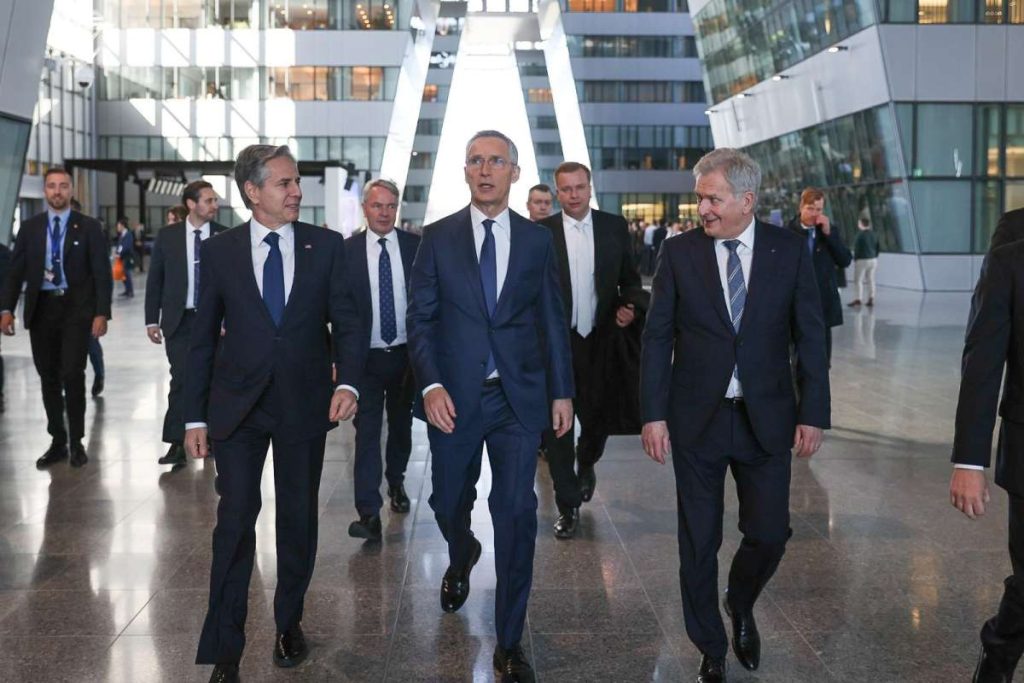
The Russia-NATO argument is not only wrong, but is also politically dangerous for several reasons. It denies the agency of Ukraine and Ukrainians. It ignores the fact that empires do not come only from the West. And it fans anti-western and NATO-sentiments instead of mobilizing solidarity with the oppressed Ukrainian people.
Q. Is Russia getting any monetary or other support from any country in the wake of sanctions against it?
I’m not aware of any direct financial support. And if there is one (for instance, from China), the Russian state will do its best to conceal this information from public. Other examples are better known, like receiving military assistance from Iran and North Korea. Also, while China does not openly supply weapons to Russia for its war against Ukraine, it may be secretly selling some components. Finally, in my view, the recent expansion of the BRICS club should be viewed as another opportunity for Russia to steer away from the sanctions regime.
Q. The Russia-Ukraine war has passed six hundred days. As a Ukrainian academic, what do you think will be the lasting vestiges of the war and its ramifications in theUkrainian and Russian economies? How long will it take for both the economies to resuscitate from the damages?
I am a Ukrainian academic by birth but not by affiliation. That said, of course I remain very must invested emotionally and morally into my own country. If you permit, I’ll shift the focus away from the economy (except one comment in the end) as we’ve talked quite a bit about it. Other vestiges of the war will reverberate for years and decades to come: colossal damage to Ukrainians in terms of lost lives, displaced people, destroyed infrastructure, contaminated territory (Ukraine hasthe biggest number of landmines in the world), and polluted environment. And these are just the material effects. On a bit more optimistic note, the war has forged and consolidated Ukrainian national identity. It is also an opportunity to steer the country’s socio-economic development in a more socially just manner. This will become especially important as Ukraine embarks on the path of reconstruction upon. In this regard, there are some important advocacy campaigns and proposals launched by the Ukrainian leftists, such as cancellation of the foreign debt, which I totally support.On the international scale, the war will be a reminder of the fragility about the global security architecture and the need to reform the UN Security Council. It will be also a stark warning about the dangers of “whataboutism” where, in a twisted manner, references to the injustices conducted by powerful nations in the past (such as the US) can be used strategically to fuel the sense of imperial nostalgia, status frustration, andnational greatnessby others (such as Russia).
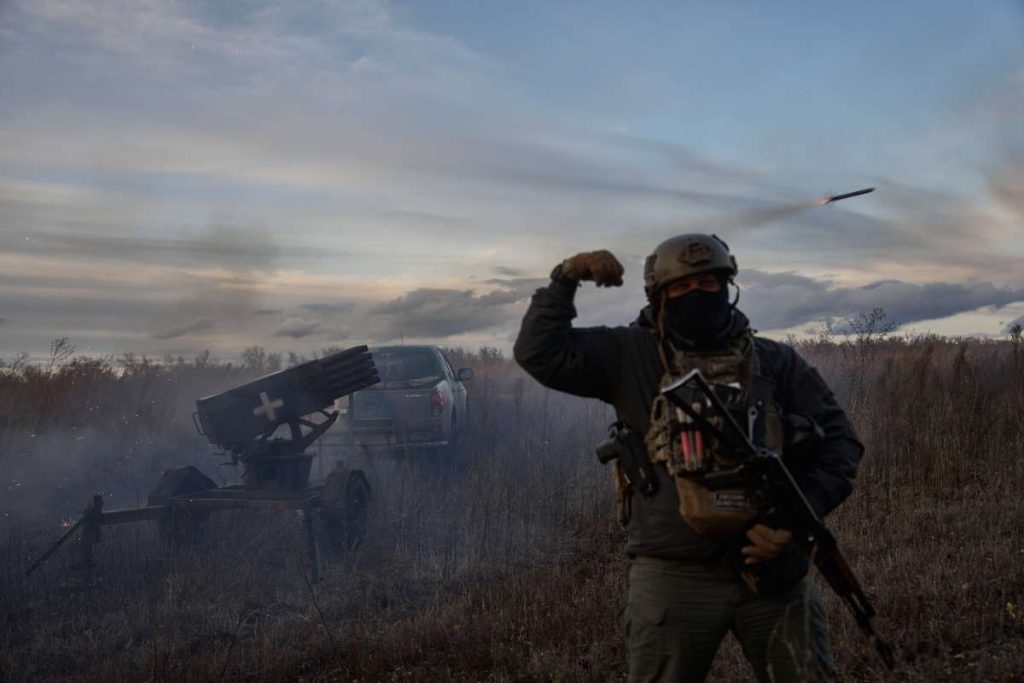
Q. India has apparently initiated a shift in its foreign policy by favouring Israel instead of Palestine in the Israel-Hamas war. Is this a shift from the country’s conventional foreign policy stand and the stanceit adopted for the purpose of realpolitik? Is this the appropriate stance?
By “shift” you must be referring to India’s abstention to condemnunequivocally Russia’s invasion of Ukraine. There are several reasons why India has taken a clearer stance on the Israel-Hamas war. India still wants to see itself as an ally of the US, which is Israel’s key partner. There is a sizeable Indian diaspora in Israel. Also, condemning the terrorist Hamas is in line with the Indian government’s tough stance on terrorism allegedly emanating from the training camps in Pakistan. Lastly, as highlighted repeatedly in the media, there is a personal affinity between Narendra Modi and Benjamin Netanyahu. In my opinion, the source of this affinity is ideological and comes from similar right-wing majoritarian politics.At the same time, if India clams to be the voice of the Global South, as it has tried to be, it must remember to acknowledge the voice of Palestine in the longer Israeli-Palestinian conflict.
Q. What do you think about the future of the Russia-Ukraine confrontation? How long will it last according to your perspective?
I’ll be very laconic here. The war will end with Ukraine’s victory and Russia’s defeat.














